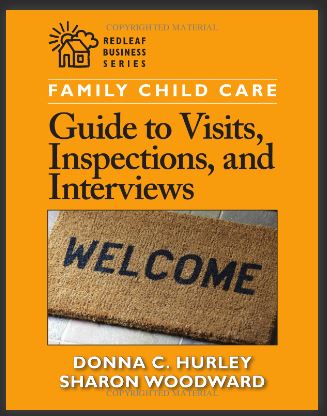 If you’re a parent, here are several tax benefits you should look for when you file your federal tax return:
If you’re a parent, here are several tax benefits you should look for when you file your federal tax return:
- Dependents. In most cases, you can claim your child as a dependent. You can deduct $3,950 for each dependent you are entitled to claim. You must reduce this amount if your income is above certain limits. For more on these rules, see Publication 501, Exemptions, Standard Deduction and Filing Information.
- Child Tax Credit. You may be able to claim the Child Tax Credit for each of your qualifying children under the age of 17. The maximum credit is $1,000 per child. If you get less than the full amount of the credit, you may be eligible for the Additional Child Tax Credit. For more, see Schedule 8812 and Publication 972, both titled Child Tax Credit.
- Child and Dependent Care Credit. You may be able to claim this credit if you paid for the care of one or more qualifying persons. Dependent children under age 13 are among those who qualify. You must have paid for care so that you could work or could look for work. See Publication 503, Child and Dependent Care Expenses, for more on this credit.
- Earned Income Tax Credit. You may qualify for EITC if you worked but earned less than $52,427 last year. You can get up to $6,143 in EITC. You may qualify with or without children. Use the 2014 EITC Assistant tool at IRS.gov to find out if you qualify. See Publication 596, Earned Income Tax Credit, to learn more.
- Adoption Credit. You may be able to claim a tax credit for certain costs you paid to adopt a child. For details see Form 8839, Qualified Adoption Expenses.
- Education tax credits. An education credit can help you with the cost of higher education. There are two credits that are available. The American Opportunity Tax Credit and the Lifetime Learning Credit may reduce the amount of tax you owe. If the credit reduces your tax to less than zero, you may get a refund. Even if you don’t owe any taxes, you still may qualify. You must complete Form 8863, Education Credits, and file a return to claim these credits. Use the Interactive Tax Assistant tool on IRS.gov to see if you can claim them. Visit the IRS’s Education Credits Web page to learn more. Also see Publication 970, Tax Benefits for Education, for more on this topic.
- Student loan interest. You may be able to deduct interest you paid on a qualified student loan. You can claim this benefit even if you do not itemize your deductions. For more information, see Publication 970.
- Self-employed health insurance deduction. If you were self-employed and paid for health insurance, you may be able to deduct premiums you paid during the year. This may include the cost to cover your children under age 27, even if they are not your dependent. See Publication 535, Business Expenses, for details.
You can get related forms and publications on IRS.gov.
Source: IRS Tax Tips
IRS YouTube Videos:
- See If You Qualify for the Earned Income Tax Credit – English | ASL
- Earned Income Tax Credit – 2015 – Spanish
- Education Tax Credits – English | Spanish | ASL
IRS Podcasts:

 Have you set up your appointment to have taxes done?
Have you set up your appointment to have taxes done? Anyone that qualifies as a “First Time Home Buyer” can take up to $10,000 out of their IRA penalty free for certain purchase costs.
Anyone that qualifies as a “First Time Home Buyer” can take up to $10,000 out of their IRA penalty free for certain purchase costs. 
 CHILD AND DEPENDENT CARE EXPENSES.
CHILD AND DEPENDENT CARE EXPENSES.
 You’re not alone. Many child care providers feel awkward talking about rates and fee increases with their clients. However, just as many of your clients get annual reviews and increases in their job-related compensation, it isn’t unreasonable for you to need to adjust your rates if only to meet inflation.
You’re not alone. Many child care providers feel awkward talking about rates and fee increases with their clients. However, just as many of your clients get annual reviews and increases in their job-related compensation, it isn’t unreasonable for you to need to adjust your rates if only to meet inflation.